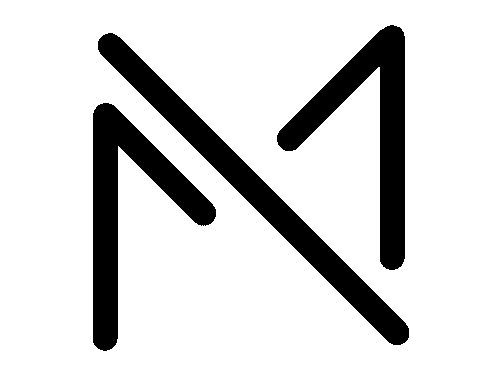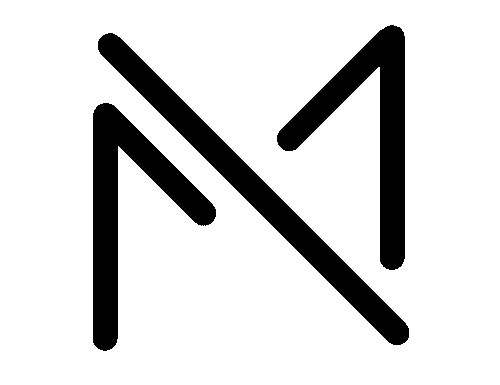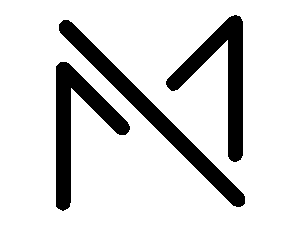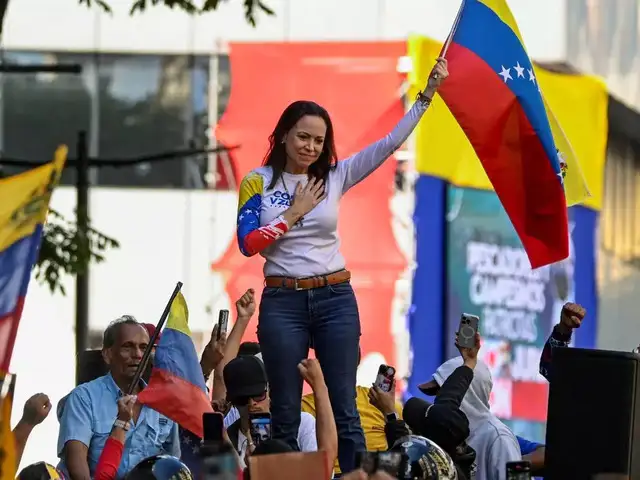On 10 October 2025, the Norwegian Nobel Committee announced that María Corina Machado, Venezuela’s most prominent opposition leader, is the winner of the 2025 Nobel Peace Prize. The committee praised her “tireless, peaceful struggle for democracy and human rights in Venezuela and her dedication to a just transition away from dictatorship.”
Her name had long symbolised hope in a nation facing economic collapse, political persecution, and the erosion of basic freedoms. But the Nobel recognition turned her into a global icon of non-violent resistance.
Early Life and Background
María Corina Machado Parra was born on 7 October 1967 in Caracas, Venezuela, into a middle-class family known for engineering and business. She graduated as an industrial engineer from the Universidad Católica Andrés Bello, later earning a fellowship at Yale University in the U.S.
From the start, Machado stood out as part technocrat, part humanitarian. In 1992 she co-founded the Atenea Foundation, a charity assisting disadvantaged children and promoting civic values among Venezuelan youth.
By the early 2000s, as Venezuela descended into political polarisation under President Hugo Chávez, Machado’s focus shifted to citizen participation and electoral integrity, themes that would define her life’s work.
Rise of a Reformist: Súmate and the Recall Referendum
In 2002 Machado co-founded Súmate (“Join Up”), a civil society organisation advocating transparent elections. Súmate became instrumental in the 2004 recall referendum against Chávez, mobilising millions of Venezuelans through volunteer voter education and election-monitoring networks.
Her activism placed her directly in the crosshairs of the Chávez government.
- She was accused of treason for accepting a small grant from the U.S.-based National Endowment for Democracy (NED), a standard NGO funding source worldwide.
- The government branded Súmate a “foreign-funded destabilisation project.”
- Machado faced criminal charges that dragged on for years, though never proved.
Rather than retreat, she transformed from activist to politician, running for parliament in 2010 and winning a seat as an independent opposition member.
Confronting Chávez and Maduro
Inside the National Assembly, Machado became one of the most outspoken critics of Chávez and his successor Nicolás Maduro. Her speeches calling out corruption, censorship, and repression gained international attention.
In 2012 she helped found Vente Venezuela, a centrist liberal movement advocating free markets and constitutional democracy. When protests erupted in 2014 against Maduro’s government, she joined student groups demanding the release of political prisoners and new elections.
The response was brutal:
- The regime stripped her of her parliamentary seat for attending a human-rights conference at the OAS.
- Her passport was confiscated, travel restricted, and she received constant threats.
- Dozens of Vente Venezuela activists were detained or forced into exile.
Yet Machado refused exile. She became, in the words of the Nobel Committee, “a persistent voice of moral clarity amid intimidation.”
Vision of Non-Violent Resistance
Unlike some opposition figures who flirted with military or foreign-led intervention, Machado consistently preached peaceful, civic resistance. Her messaging emphasised:
- Non-violence as a principle, not a tactic.
- Electoral pressure combined with international solidarity.
- Unity of opposition forces, transcending ideology.
Her strategy echoed lessons from other democratic movements, Poland’s Solidarity, South Africa’s anti-apartheid struggle, and Myanmar’s early pro-democracy campaigns.
In interviews, she often quoted Mahatma Gandhi and Václav Havel: “Courage is contagious when truth becomes our only weapon.”
Facing Disqualification in 2024
Machado’s defining political moment came ahead of Venezuela’s 2024 presidential election. Polls showed her as the runaway favourite to defeat Maduro, until the regime disqualified her from running, citing fabricated “administrative irregularities.”
Despite being barred, she rallied voters nationwide under the slogan “Hasta el final” (“All the way”). Her allies continued campaigning in her name, even as arrests and violent crackdowns escalated.
International observers, including the EU and OAS, condemned the disqualification. The episode galvanised support for Machado as a symbol of democracy under siege.
Why the Nobel Committee Chose Her
When announcing the award, Berit Reiss-Andersen, chair of the Norwegian Nobel Committee, said Machado “represents the millions of Venezuelans who continue to fight, peacefully, for the right to vote freely, speak freely, and live with dignity.”
The committee highlighted five factors:
- Courage under persecution – For decades she faced criminal charges, intimidation, and disqualification yet persisted non-violently.
- Defense of democratic institutions – Her work through Súmate and Vente Venezuela strengthened civil participation in one of the world’s most repressed political climates.
- Non-violent advocacy – The prize reaffirmed Nobel ideals: dialogue, transparency, and human rights, not power seizures or coups.
- Symbol of Latin American renewal – Amid rising populism, Machado’s win signals global support for rule-of-law movements in the region.
- Global impact – Her message transcends Venezuela; it resonates in every society confronting authoritarianism.
Reiss-Andersen added:
“Peace is not only the absence of war. It is the presence of freedom, justice, and the rule of law. María Corina Machado embodies this broader vision.”
Reaction in Venezuela and Worldwide
Inside Venezuela
The news spread like wildfire. Crowds in Caracas banged pots from balconies, a traditional protest gesture known as a cacerolazo. Opposition parties hailed the Nobel as “recognition for an entire nation’s struggle.”
Maduro’s government, predictably, dismissed the award as “imperialist interference.” State television downplayed the story, while officials accused the Nobel Committee of “meddling in Venezuela’s internal affairs.”
Still, the symbolic power was undeniable: even government critics abroad called it the most significant moral victory for Venezuela’s democracy movement in decades.
Global Response
- UN Secretary-General António Guterres congratulated Machado, saying her courage “inspires those who defend democracy through peaceful means.”
- The European Parliament lauded her as “a beacon of civic resistance.”
- The U.S. State Department called the award “a tribute to every Venezuelan demanding freedom.”
- Human-rights groups like Amnesty International and Human Rights Watch praised the Nobel Committee for focusing attention on Venezuela’s humanitarian crisis.
The Meaning of Her Win
Machado’s Nobel Prize is more than personal validation, it reframes Venezuela’s crisis as part of the global struggle for democracy.
- Human rights spotlight: With over 7 million Venezuelans displaced, the award reignites attention on the country’s humanitarian collapse.
- Diplomatic pressure: The Nobel recognition forces governments to reconsider leniency toward Maduro’s regime.
- Inspiration for civic movements: Her story shows that long-term peaceful resistance can still earn the world’s respect, even if local conditions remain bleak.
- Reclaiming the idea of peace: The 2025 prize re-centres peace as justice, accountability, and civic freedom, not merely absence of conflict.
Criticism and Challenges
Not everyone agreed with the choice. Some analysts argued the prize was “too political,” warning it might harden Maduro’s stance or be seen as Western meddling.
Others questioned whether awards can effect real change when recipients lack political power at home.
However, Nobel historians point out that similar debates surrounded past laureates, Aung San Suu Kyi, Lech Wałęsa, and Malala Yousafzai, all opposition figures who used global recognition to shield local activism.
For many Venezuelans, that moral protection matters. As one Caracas journalist wrote:
“The regime may silence voices, but it cannot silence a Nobel Prize.”
What Happens Next
The Nobel ceremony in Oslo on 10 December 2025 will feature Machado receiving a gold medal, diploma, and 11 million SEK (≈ $1 million). Whether she can safely travel remains uncertain, her passport was previously revoked.
Her team has hinted she will dedicate the award to the Venezuelan people and allocate the prize money toward civic education and refugee relief.
International observers believe the Nobel Prize will:
- Give her temporary protection through global visibility.
- Strengthen pressure for free elections in 2026.
- Inspire coordination among exiled Venezuelan opposition groups.
Even if tangible change is slow, history may remember this moment as the moral turning point of Venezuela’s democratic revival.
Conclusion
María Corina Machado’s life encapsulates the ideals the Nobel Peace Prize was created to honour, courage, conscience, and commitment to peace without violence.
From running an election-monitoring NGO to leading protests, from parliamentary ouster to global recognition, her story is one of resilience against despair.
By awarding her the 2025 Peace Prize, the Nobel Committee signalled that even in a world dominated by strongmen, the quiet power of moral resistance still matters.

















Amazing! This blog looks just like my old one! It’s on a entirely different topic but it has pretty much the same layout and design. Outstanding choice of colors!